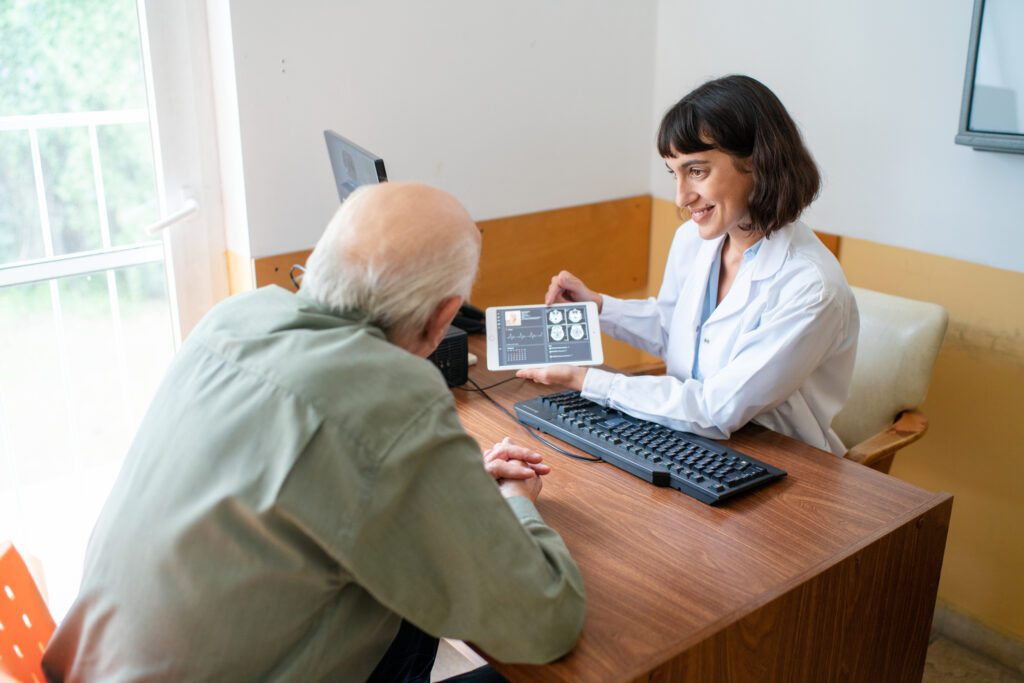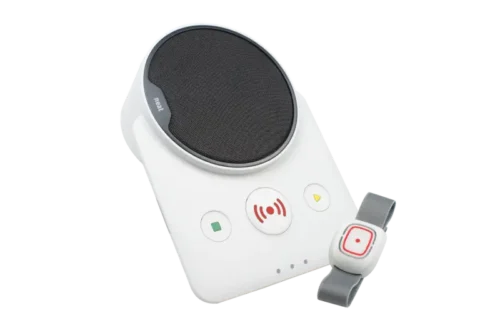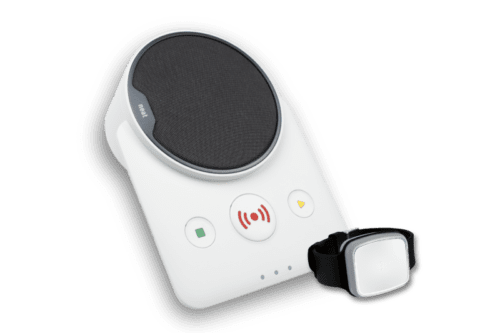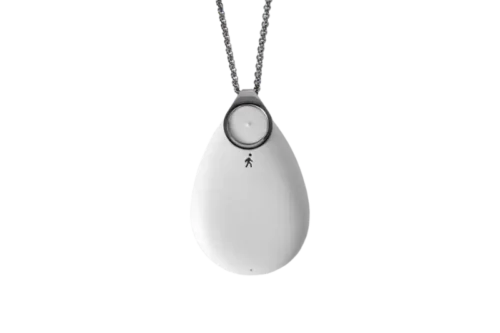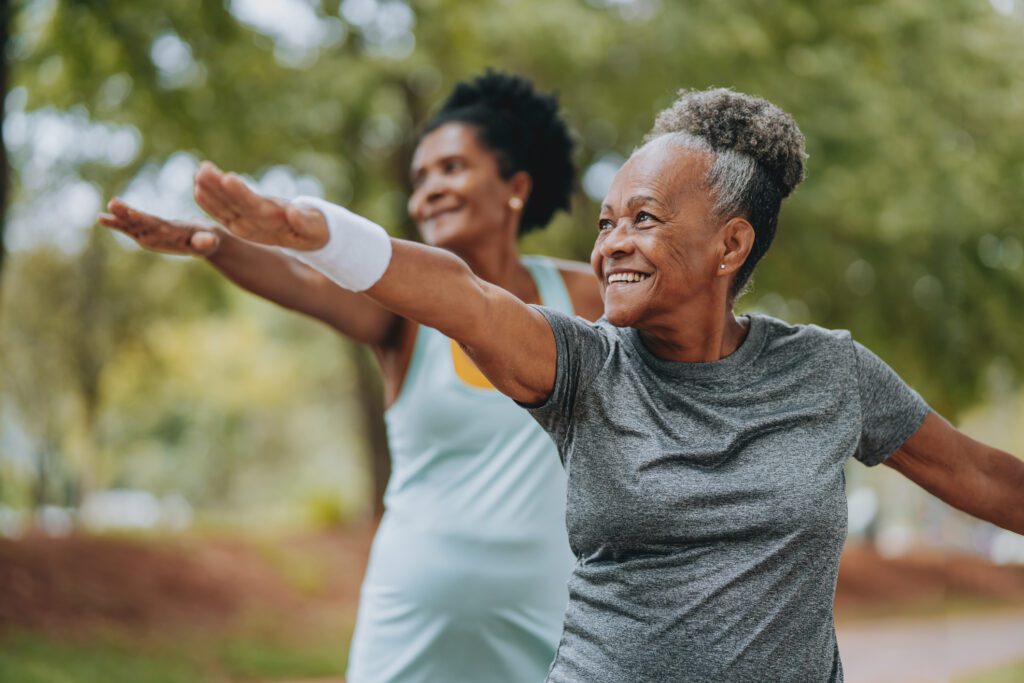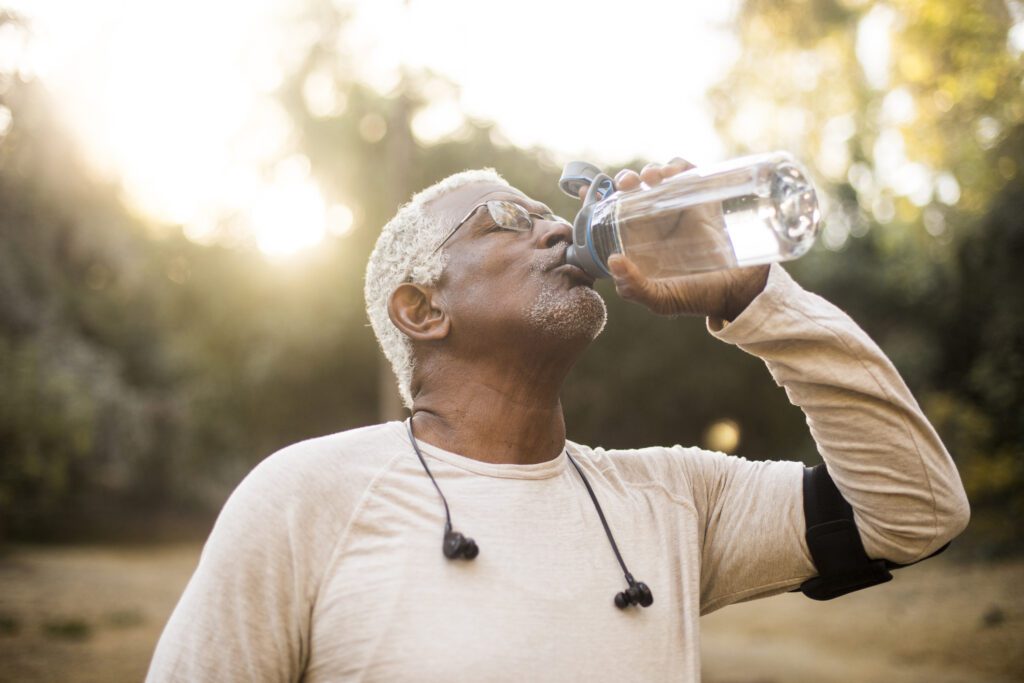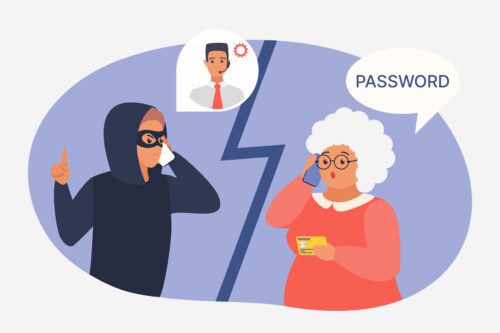Did you know that falls are a leading cause of head injuries, accounting for more than a third of all traumatic brain injuries in the general population? It is no surprise then, that there’s been a lot of focus on understanding the link between falls and neurological conditions such as dementia. Also in recent years, much attention has been paid to using technology to prevent serious injuries from falls. Such technology includes wearable sensors and alarms capable of detecting when the user falls. We’ll talk more about these in this article.
A recent study, involving over 2 million older adults, has revealed a concerning connection between falls and the risk of developing dementia. The study suggests that older adults who have a serious fall are 21% more likely to be diagnosed with Alzheimer’s disease or another type of dementia later on in life.
The study, published by JAMA Network Open, looked at data from more than 2 million adults aged 65 and older who had a traumatic injury requiring a visit to the emergency department or hospital, and did not have a previous diagnosis of dementia. Of these injuries, just over half (1,228,847) were caused by a fall. These patients who had a serious fall were much more likely to receive a new dementia diagnosis within a year of their injuries.
What is Dementia?
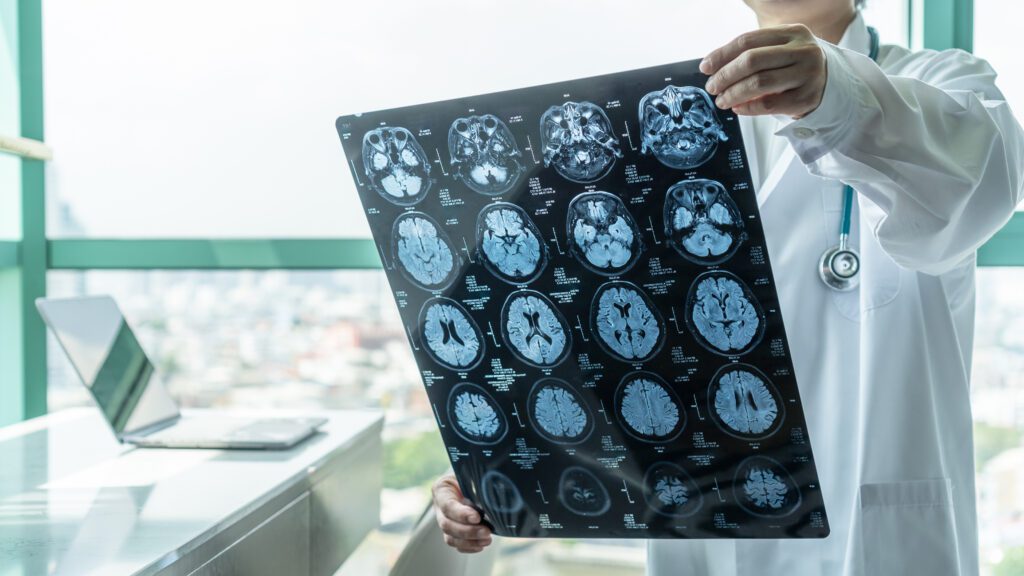
Before we delve deeper, let’s clarify what dementia entails. Dementia is a term used to describe a decline in mental abilities as a result of brain damage caused by various diseases. It’s not a single disease, but rather a general term that covers several different medical conditions, such as Alzheimer’s disease, vascular dementia, and Lewy body dementia. Dementia can cause a range of symptoms, including memory loss, difficulty with thinking, communication problems, and mobility problems.
If you or someone you know has been diagnosed with dementia, Alzheimer Scotland provides a helpful guide on healthy living with dementia. It includes tips on staying physically active, eating healthy, and engaging in social and mental activities.
Dementia and Falls – Understanding the Two-Way Street
So, how can a fall lead to an increased likelihood of developing dementia? Dementia happens when brain cells die over time, and head injuries from a fall can make it worse by damaging brain cells directly. However, the connection between falling and the development of dementia is a “two-way street” (as described by senior author Molly Jarman, PhD, MPH, assistant professor in the Department of Surgery and deputy director of the Center for Surgery and Public Health at the Brigham). Given that dementia can lead to muscle weakness and balance issues, a fall could be an early sign or precursor of the condition. People with dementia may also be prone to drowsiness or dizziness as a side effect of medication, potentially resulting in a fall.
Strategies to Prevent a Fall
Preventing falls, especially in older adults, involves a mix of environmental changes and lifestyle changes, such as:
- Regularly Exercising. Regular exercise is crucial for various reasons. In the case of dementia, it plays a vital role in reducing or delaying mobility issues. The most effective exercises for preventing falls are those that focus on improving balance and strengthening muscles.

- Improving the safety of your home. Ensure your home is easy to navigate by removing trip hazards, installing grab bars in the bathroom, and investing in good lighting, especially on stairs.
- Monitoring medication. Some medications can lead to side effects such as dizziness which could result in a fall. Ask your doctor or GP to review your medication to ensure you avoid any unnecessary and potentially dangerous side effects.
- Staying hydrated. Dehydration can cause reduced blood flow to the brain, leading to dizziness and light-headedness when standing up.

Telecare24 – Reducing the Risk
Falls are the number one cause of injury for older adults, whether or not they have dementia. Every year, around 3 million older people end up in the emergency room because of a fall. In today’s digital age, technology offers innovative solutions to enhance safety. By providing an immediate alert in the event of a fall, a telecare alarm can significantly reduce the risk of injury or complications that may result from delayed medical attention.
When a fall is detected, the user is connected to a 24/7 monitoring centre where trained professionals can assess the situation and take appropriate action, such as contacting emergency services. Some systems also have GPS tracking to locate the person quickly, ensuring help will be there no matter where you are.
Going Forward
Understanding the connection between dementia and falls emphasises the importance of taking proactive measures in both areas. The results of the cohort study indicate that older adults who experience a fall severe enough to require a hospital visit should undergo cognitive screening. By recognising falls as a potential indicator of dementia, we can take further steps in managing the condition, contributing to the safety and independence of older adults.
